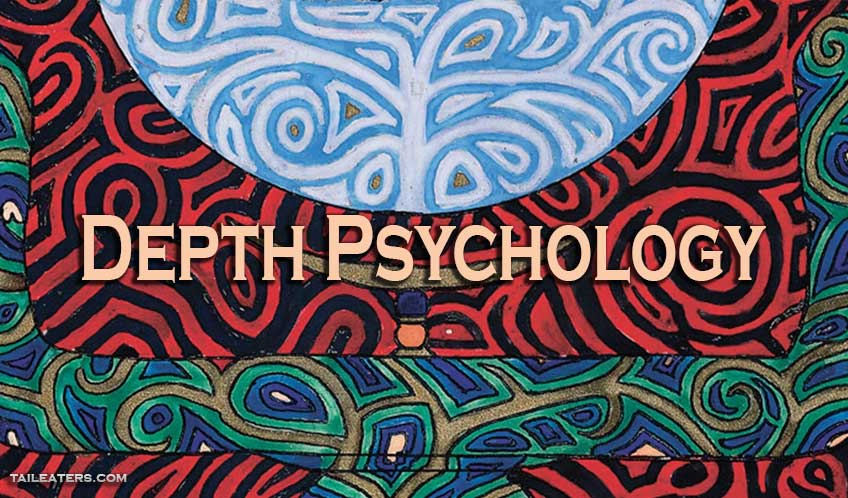
Depth Psychology
Its History and Founders
People say that children are like sponges, taking in everything around them. They learn by watching, and then mimicking both the good and the bad. But children learn more than how to walk, talk and play in their formative years. They also learn lessons and have experiences that impact them throughout the rest of their lives, we all do. Everyone is shaped by their childhoods, and by their pasts in general.
It is a widely accepted fact that our personality, behavior, and general psychology is influenced by past experiences. Sigmund Freud believed this to be the case. However, unlike Freud, Carl Jung believed that a person was also influenced by the present, as well as future aspirations. More than that, he believed that people were influenced by something deeper, something ingrained into all human beings, an imprint of the collective past on the collective conscience.
Sigmund Freud and C. G. Jung
Sigmund Freud (Born Sigismund Freud) was born in Freiberg, Moravia (present day Příbor, Czech Republic) on May 6th, 1865 to Jakob Freud and Amalia Nathansohn. Freud’s father was a merchant who took his family to live in Vienna in 1860, where Freud began his studies in medicine at the University of Vienna, and then went on to work at the Vienna General Hospital. In 1886 he left the hospital to set up a private practice which specialized in nervous and brain disorders.
Sometime around 1896 Freud began to develop theories of the unconscious within humans which houses sexual and aggressive impulses that are constantly at conflict with factors that work to regulate them. To further develop these theories, he began to analyze himself and his dreams in 1897. The Interpretation of Dreams was published in 1900. In 1902 he was appointed Professor of Neuropathology at the University of Vienna, where he continued to work until 1938, and he founded the International Psychoanalytic Association with Carl Jung in 1910.
The Ego and the Id was published in 1923, where he proposed a new theory on the structure of the mind. One which was divided into three parts, the ‘id’, the ‘ego’, and the ‘superego’. In 1938 Freud finally left Vienna after the Nazis publicly burned many of his books and then annexed Austria. He was diagnosed with cancer of the jaw in 1923, and passed away from it on September 23, 1939.
Carl G. Jung was the only surviving son of Paul Achilles Jung and Emilie Preiswerk. Born on the 26th of July 1875 in Kesswil, Thurgau, Switzerland. Paul and Emilie had another child before Carl, named Paul, who only survived a few days. This paved the way for a very lonely childhood for Jung, leading him to be a very quiet and observant child, constantly taking notice to the roles a behavior of the adults around him.
Jung certainly had a dynamic paternal and maternal coupling, as his father Paul was a Pastor with failing beliefs. At the same time his mother, Emilie, was suffering from mental illness and, taking leave of her family when Carl was at the age of three to temporarily live in a psychiatric hospital.
It had been expected early on in his life that Jung would join the clergy, as his father and many of his other male relatives had. Initially Jung had been in agreeance with this presumption, but in his teen years he began reading philosophy extensively, and found himself captivated. He then decided against the religious path and decided to pursue the scientific instead, and began studying medicine at the University of Basel in 1895.
The year 1900 saw Jung moving to Zurich and beginning work at the Burghölzli Psychiatric Hospital under Eugen Bleuler. In 1903 Jung’s dissertation titled On the Psychology and Pathology of the So-Called Occult Phenomena. In 1905 he was appointed a permanent doctor at the hospital, and became a lecturer in the medical faculty of Zurich University. Diagnostic Association Studies was published in 1906, and in 1909 Jung left the psychiatric hospital to begin a private practice out of his home in Küsnacht Switzerland.
Jung also began a close correspondence and friendship with Sigmund Freud around 1906. They worked together for six years, until Jung’s Psychology of the Unconscious was published in 1912, where Jung expressed certain theories and beliefs which set in motion the split between the two, both professionally and personally. While both Freud and Jung believed that a person is shaped by past experiences, Jung believed that someone is also shaped but the present, and also future aspirations. They also both believed in the unconscious, however Freud believed that the unconscious was the main hub for repressed thoughts, memories, and an instinctual drive of sex and aggression. He believed that the mind was made up of three structures, the id, the ego, and the super ego. The id being our unconscious and instinctual drive, the ego being our conscious self, and the super ego being a sort of mediator for the id via social standards
Jung too believed that the mind was made up of three structures, but in Jung’s theory those structures were the ego, the personal unconscious, and the collective unconscious. The ego being the conscious factor, the personal unconscious being the epicenter for memories both recalled and repressed, and the collective unconscious, which holds the imprints of the past experiences of our species (AKA knowledge we’re born with). This was just one of the many theoretical differences the two had, causing a rift between the two personally, as well as a rift in the professional world.
The Break Between Jung and Freud
The break from Freud was hard for Jung, as Freud closed off correspondence from himself and his inner circle. Others in the psychoanalytic community also began to shun him, and in 1914 he resigned from the international Psychoanalytic Society to continue developing his own theories. In 1921 he published Psychological Types, which featured his developing concepts of introverts and extroverts, and the categorization of a person into one or the other. This is also around the time in which he began to toy with the idea of not only an unconscious, but also a collective unconscious within every human being, containing universal symbols, patterns and archetypes.
Jung spent much of his final years traveling the world and studying different cultures. He published numerous works on his theories during these years, while also holding a brief professorship at the University of Basel until he resigned after a heart attack in 1944. From then on Jung led a more private life, while still continuing to publish books until his death. He died on June 6th 1961 of cardiovascular disease in his home in Zurich.
Despite the differences these two had in their lives and in their theories, they had a tremendous impact on the world of modern psychology. People flock to the ideas and theories of these two, and many others who developed those initial theories of the unconscious.
Depth Psychology
The term ‘depth psychology’ was coined by Eugen Bleuler in reference to the psychoanalytic approaches to research and therapy. Since its initial use the term has been adapted by Freudian and Jungian students alike to describe the branches of psychology which take into account the unconscious.
In the 1990’s a group of researchers at the Jung Institute in Zurich participated in a larger study on analytical long-term psychotherapy, conducted by the University of Heidelberg in Germany. The results proved to be quite successful, and it was found that the results remained unchanged after three years. There was also signs of further positive effects after the end of therapy. A study done by the San Francisco Jung Institute was conducted as well, which faced certain limitations and was only able to conduct a pretest-posttest-design for its study. Despite these limitations, the study still indicated the effectiveness of Jungian therapy.
In the early 1990’s a nationwide catamnestic retrospective study was conducted by the Empirical Psychotherapy Research Group in Analytical Psychology Berlin. Former patients of Jungian psychotherapy were asked to participate in this study, the results of which showed high satisfactions of the patients. Many other studies have been conducted throughout the years which point to the effectiveness of Jungian psychotherapy, yet it is still subject to a lot of criticism and controversy today.
Many people feel that depth, or Jungian, psychology is a more pseudoscience than real science. It is often said that Jung’s analysis applies mainly to himself, due to his complicated and dynamic upbringing. Another critique of Jungian psychology is the often-colorful choice in language, often being accused of leaning more towards mysticisms than psychology. Despite these critiques however, depth psychology continues to make leaps and bounds in terms of proving its effectiveness.
Pacifica Graduate Institute
Today one can study depth psychology, as well as Jungian & Archetypal studies at the Pacifica Graduate Institute in Santa Barbara, California. “Pacifica Graduate Institute is an accredited graduate school offering masters and doctoral degree programs framed in the traditions in depth psychology.” It is a beautiful place, over-flowing with life, and learning. Dating its roots back to 1971 with the funding of the “Isla Vista Human Relations Center” by the Regents of the University of California. Its initial purpose was to “meet the mental health needs of the small community immediately adjacent to the University’s Santa Barbra campus.” Since then the project has grown not only in size physically, but in its status and its influence. Today the institute have over 3500 active alumni in the world, as well as nine distinct graduate degree programs.
References:
https://www.pacifica.edu/about-pacifica/history/
https://en.wikipedia.org/wiki/Depth_psychology
http://www.bbc.co.uk/history/historic_figures/freud_sigmund.shtml
https://en.wikipedia.org/wiki/Sigmund_Freud
https://www.pacificapost.com/depth-psychology/depth-psychotherapy-treatment-approach?__hstc=101452574.4eaf3e2354baa07a56f3ab584e041b02.1581454683866.1581454683866.1581454683866.1&__hssc=101452574.1.1581454683866&__hsfp=1851358507
https://www.biography.com/scholar/carl-jung
https://en.wikipedia.org/wiki/Carl_Jung
https://www.mdpi.com/journal/behavsci
Cachet is an early 20’s freelance writer out of the US Midwest. Along with a longstanding passion for writing, she has a great interest in the psychedelics, states of consciousness and the human psyche. Her main interests are in the different dream states, and their influences on the mind, as well as alternative pharmaceutical uses for certain psychedelics.
Join the Discussion
Want to discuss more about this topic and much more? Join our discussion group online and start exploring your consciousness with others like yourself

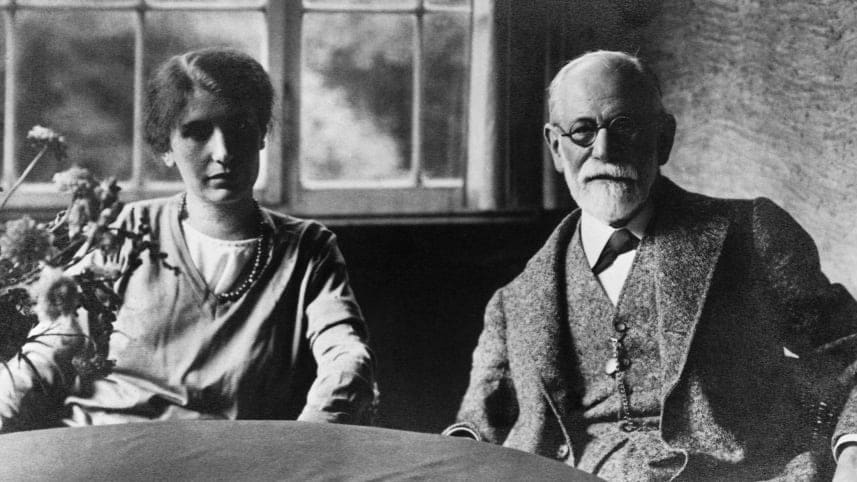
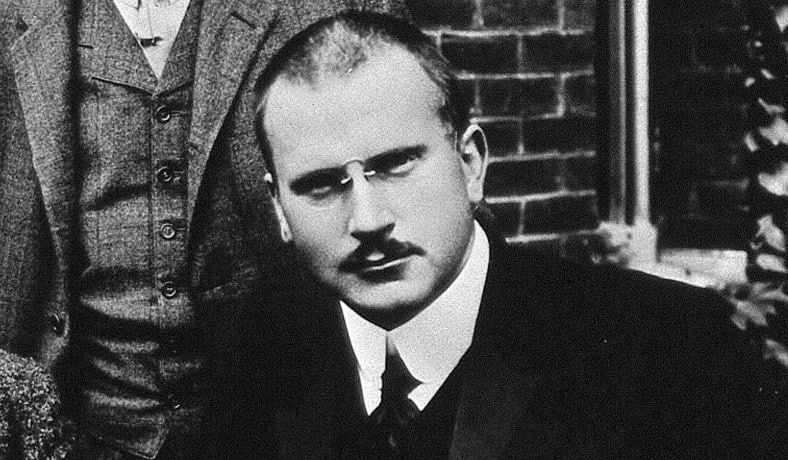
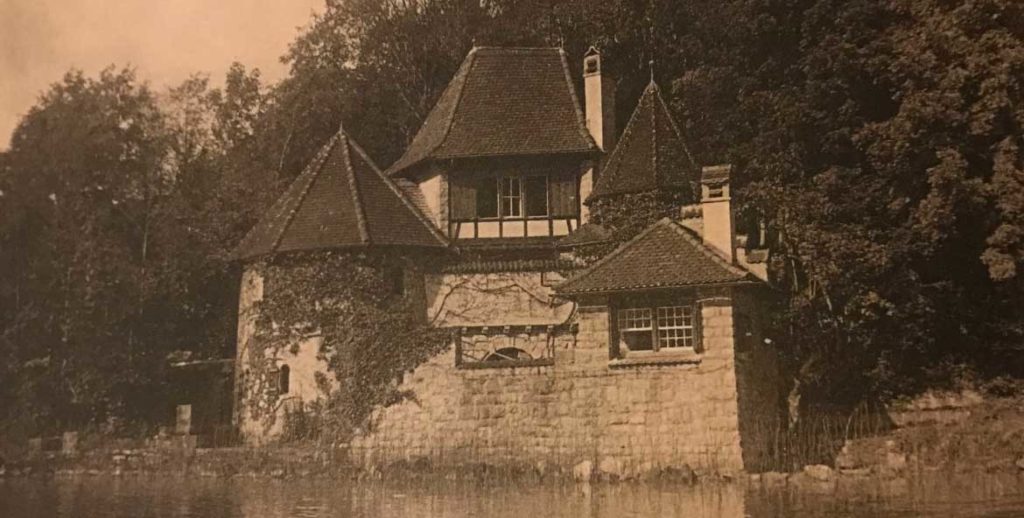
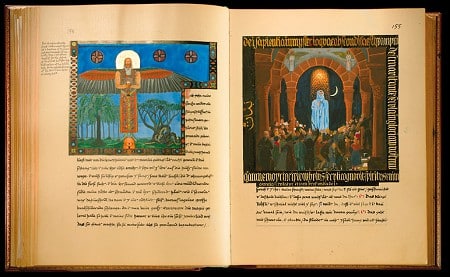



Recent Comments